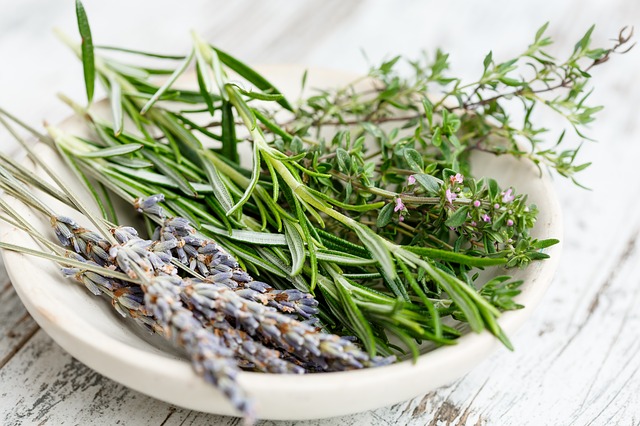 Evidence suggests that inflammation is a causative factor in the development of mood disorders. In this regard the inflammation causes the generation of free radicals, and these then cause damage to brain tissue. Studies show that stress leads to the activation of inflammation in the brain and this causes neurodegeneration and atrophy in certain parts of the brain associated with mood. Factors that can reverse or limit inflammatory pathways may therefore be beneficial in the treatment of mood disorders. Many herbs contain antioxidants that reduce the downstream effects of inflammation. Also, fasting has been shown to reduce inflammation. In one study researchers investigated the effects of two herbs and intermittent fasting on the behaviour of rats. The herbs given were Withania somnifera and Tinospora cordifolia. The results of the study showed that the treatment was significantly effective at reducing inflammation in the rats, and this anti-inflammatory effect was associated with improvements in mood.
Evidence suggests that inflammation is a causative factor in the development of mood disorders. In this regard the inflammation causes the generation of free radicals, and these then cause damage to brain tissue. Studies show that stress leads to the activation of inflammation in the brain and this causes neurodegeneration and atrophy in certain parts of the brain associated with mood. Factors that can reverse or limit inflammatory pathways may therefore be beneficial in the treatment of mood disorders. Many herbs contain antioxidants that reduce the downstream effects of inflammation. Also, fasting has been shown to reduce inflammation. In one study researchers investigated the effects of two herbs and intermittent fasting on the behaviour of rats. The herbs given were Withania somnifera and Tinospora cordifolia. The results of the study showed that the treatment was significantly effective at reducing inflammation in the rats, and this anti-inflammatory effect was associated with improvements in mood.

Most plants contain phytochemicals that can act as antioxidants, and this makes them effective anti-inflammatories. This may explain the almost universal ability of plant products to cause mood improvements. High plant food diets are known to improve mood disorders including anxiety and depression, and many herbs have been evidenced to add further protection. Eating a diet high in plant food and supplementing with herbs is therefore an effective strategy to treat anxiety and depression.
Eat Well, Stay Healthy, Protect Yourself
RdB
